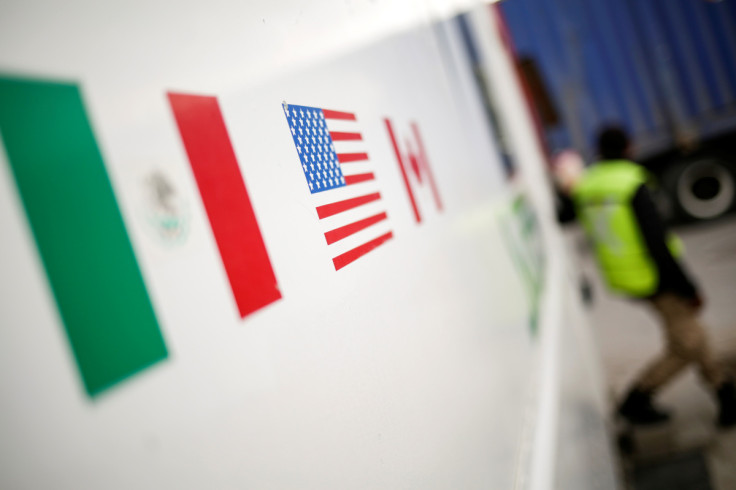Mexico To Extend Talks With U.S. Over Energy, Hails 'Productive' Dialogue

Talks between the United States and Mexico to resolve a dispute over energy policy will extend beyond an initial consultation period as the two sides narrow differences, officials said on Monday.
The U.S. Trade Representative (USTR) in July demanded dispute settlement talks on the grounds that Mexican President Andres Manuel Lopez Obrador's energy policies discriminated against U.S. companies and violated a North American trade pact.
At the heart of the U.S. complaint, which Canada joined, are hold-ups in granting permits, a Mexican electricity law that prioritizes state firms, and other rules that investors feel disadvantage them, industry sources say.
Under the U.S.-Mexico-Canada (USMCA) trade deal, if such a disagreement is not resolved in 75 days of consultations, a dispute panel can be requested to review claims. A panel could expose Mexico to the risk of punitive trade tariffs.
But on Monday afternoon, Mexico's economy ministry tweeted that dialogue had been "productive" with U.S. and Canadian counterparts, and that they wanted to keep talking to reach a "mutually satisfactory" solution.
Earlier, three officials from governments on both sides of the dispute told Reuters that progress in talks meant they would run beyond Oct. 3, when the 75 days expire. They spoke on condition of anonymity due to the sensitivity of the matter.
The USTR's office did not respond to a request for comment.
In the past few weeks, tensions have eased as Mexican courts suspended some contentious rules, and on signs that Mexican regulators have begun to address backlogs on permits, industry sources and officials say.
"In my view, the Mexican government has sought to deal with the requests from the U.S. and Canadian governments with a view to a solution that avoids international arbitration," said Francisco de Rosenzweig, a former top Mexican trade official.
With mid-term U.S. elections in November, acute concerns about inflation, and the likelihood that Mexico would lose arbitration, neither side wants to escalate the trade dispute now, the sources added.
Still, one Mexican source said U.S. officials had warned that without substantial progress, pressure on Mexico will increase again.
Rosanety Barrios, a former Mexican energy official, said while Mexican regulators were trying to give the impression of being more flexible, many issues remained unresolved.
Instead of reaching a definitive resolution, the two sides looked as if they could "kick the can down the road until the next (Mexican) government," she said.
© Copyright Thomson Reuters 2024. All rights reserved.











